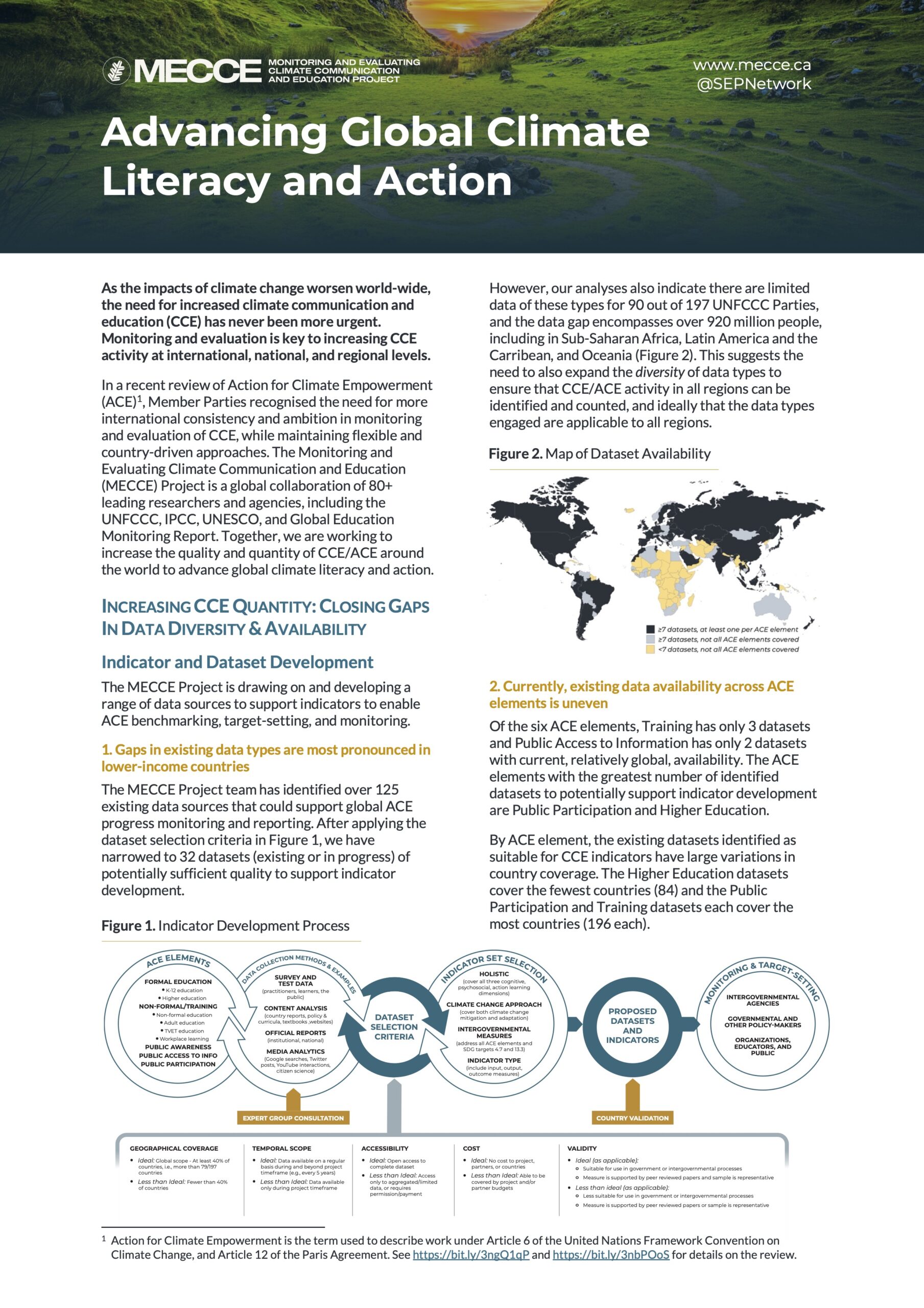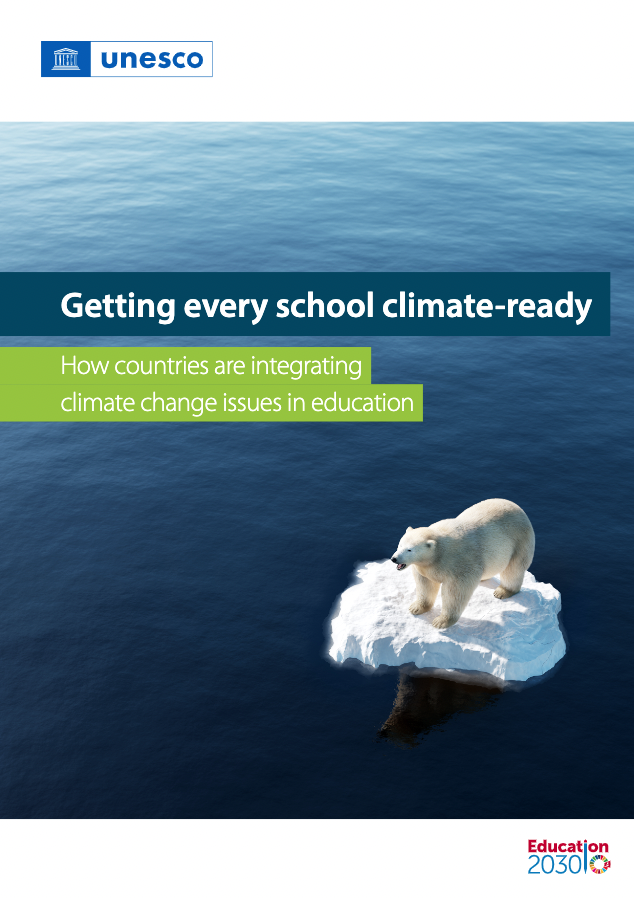COP26 Side Event
Rethinking and Reorganizing Action for Climate Empowerment (ACE) & the COP26 Future of ACE Decision
Friday, November 5, 11:30 - 12:45 GMT
Multimedia Studio 1
Action for Climate Empowerment is a unique global climate action governance innovation space, holding great potential for all of society’s climate action empowerment. The MECCE Project co-presented alongside the ACE Focal Point for Austria, ECOS (Climate Education, Communication and Outreach Stakeholders), Global Youth Development Institute, and ICLEI – Local Governments for Sustainability at this COP26 Side Event.
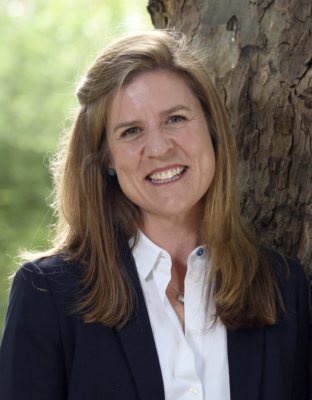
Dr. Kate Greer
@kategreer01
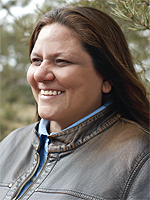
Dr. Alex Wilson
alex.wilson@usask.ca
The video below includes presentations from MECCE Project Associate Director, Dr. Kate Greer, and Professor Alex Wilson, MECCE Project Co-Investigator, member of the Opaskwayak Cree Nation and Academic Director of the Aboriginal Education Research Centre at the University of Saskatchewan.
Dr. Greer discussed the role of Monitoring and Evaluation in the new ACE work programme and in advancing global climate literacy and action.
Dr. Wilson discussed Indigenous considerations for the new ACE work programme and links to the MECCE Project objectives and key insights.
Read our COP26 Brief
As climate change impacts worsen world-wide, the need for increased climate communication and education (CCE) has never been more urgent. Monitoring and evaluation is key to driving CCE activity at international, national, and regional levels. Member Parties are increasingly recognizing the need for more international consistency and ambition in monitoring and evaluation of CCE, while maintaining flexible and country-driven approaches.
Our COP26 brief summarizes findings from the MECCE Project’s first year.
Learn about how we are helping advance CCE through a global collaboration of 80+ leading interdisciplinary scholars and agencies, including the UNFCCC, IPCC, UNESCO, and Global Education Monitoring Report.
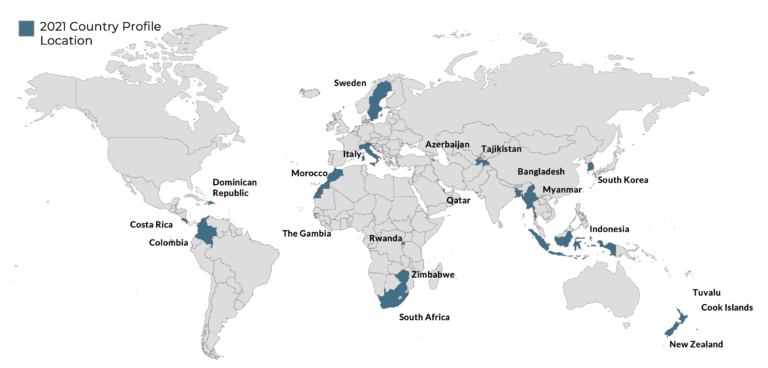

CCE Country Profiles
A partnership between the UNESCO Global Education Monitoring (GEM) Report and MECCE Project is generating new insight into how countries are approaching climate change communication and education (CCE). The detailed country profiles offer a comparative perspective of country progress on ACE and Sustainable Development Goal (SDG) Targets 4.7 and 13.3.
The first set of 20 country profiles are now available on the MECCE Project and the GEM Report’s Profiles Enhancing Education Reviews (PEER) websites.
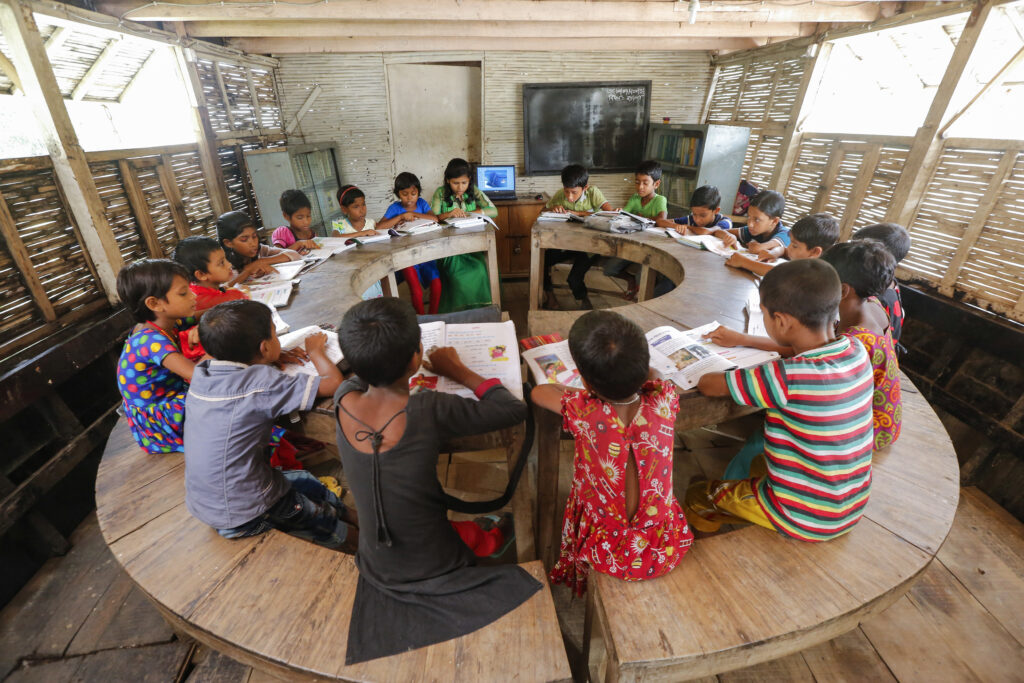
Blog: The Role of Indicators in Advancing Global Climate Communication and Education
Investment in monitoring and evaluation strategies is fundamental to addressing a range of ACE gaps, in particular limited understanding of what constitutes quality ACE or CCE, a limited and inconsistent global ACE response, and unequal distribution of available funding. This blog post makes the case for increased prioritization of M&E as part of an effective national and international ACE strategy, and highlights the important role of indicators, and key principles in their development.
The MECCE Project & UNESCO
A new UNESCO publication summarizes findings of selected studies conducted by UNESCO and its partners on how climate change issues are integrated in education.
The report includes findings from a review of National Curriculum Frameworks of 100 countries on their integration of climate change education, which UNESCO commissioned MECCE Project host, the Sustainability and Education Policy Network, to conduct. The review found that only 53% of the curricula reviewed referenced climate change, and that curricula that do mention climate change give it a low priority.
The UNESCO report also provides good practices drawn from the country profiles study conducted in partnership by the UNESCO Global Education Monitoring (GEM) Report and MECCE Project.
MORE ABOUT MECCE
Funded Case STudies


GLOBAL CCE BLOG
We discuss emerging issues in climate communication and education, drawing on our findings, as well as material from other projects and sources.

REGIONAL HUBS
Learn how to join our growing global network, which supports regional input and action on climate communication and education.

DIGITAL LIBRARY
Visit our open access repository for project materials, including policy briefs, factsheets, guidelines, infographics, reports, and videos.




